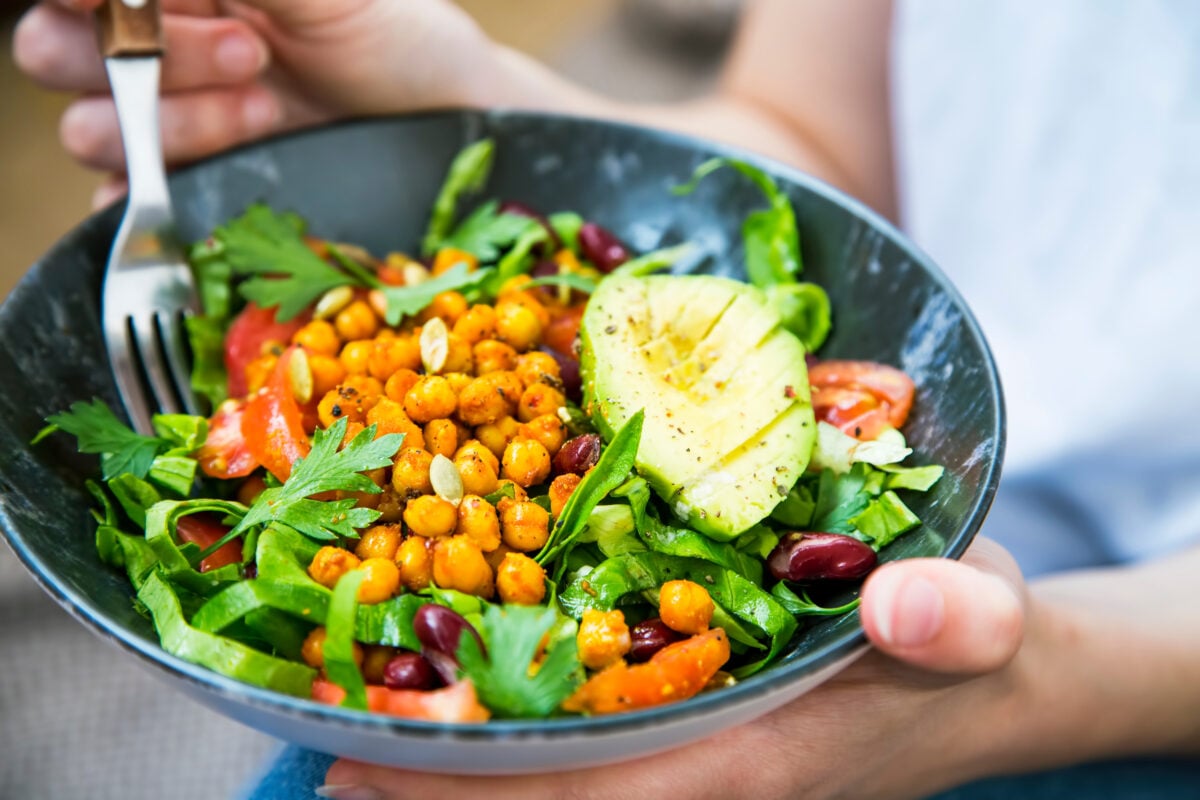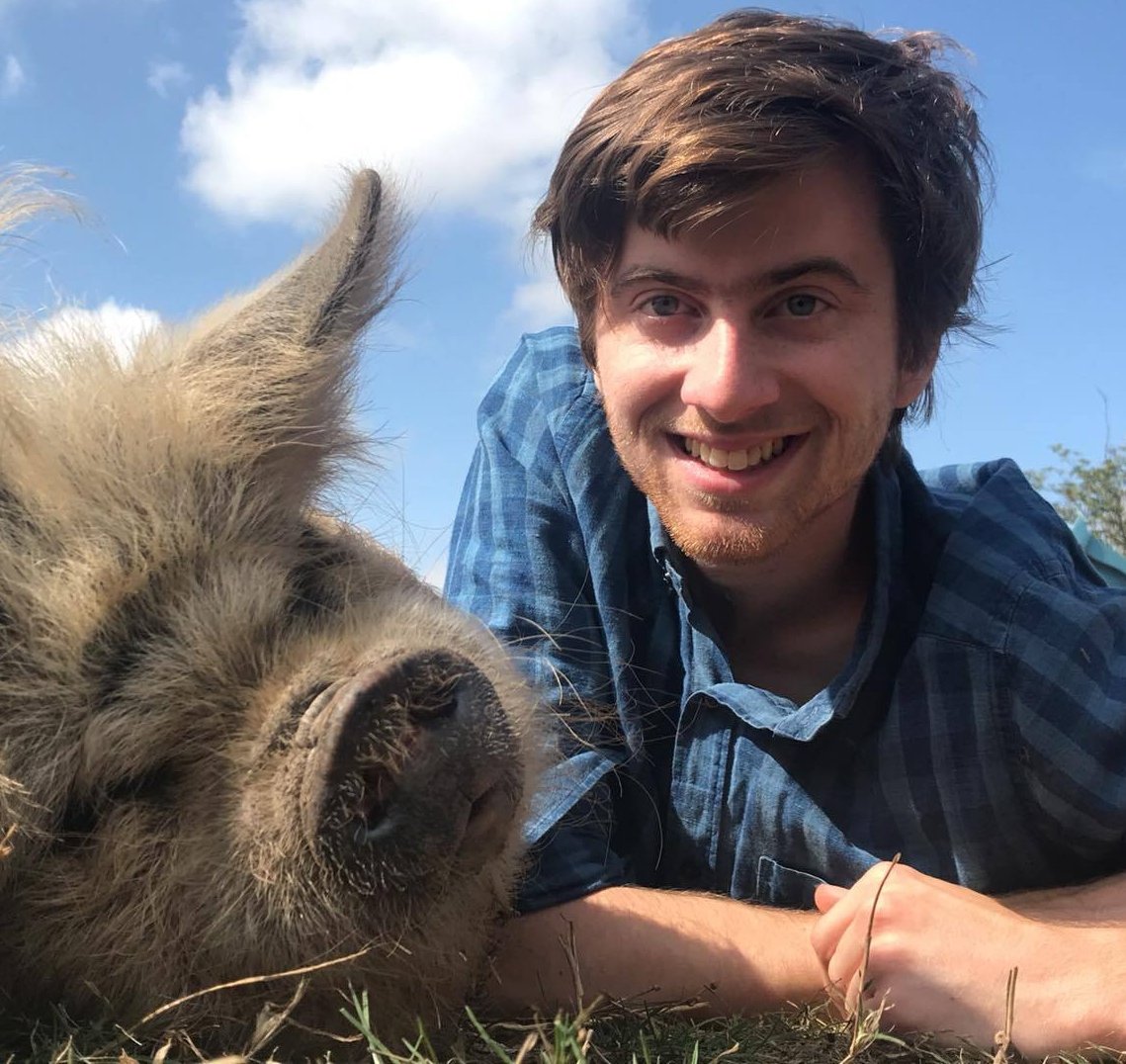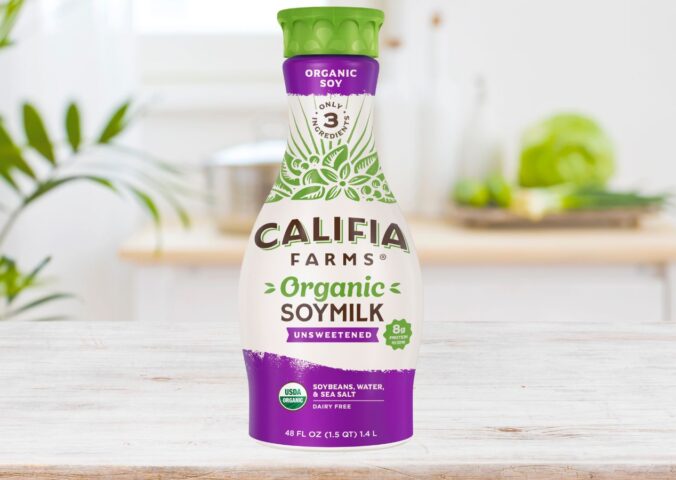People who eat a healthy plant-based diet have a lower risk of sleep apnoea, new research suggests.
Sleep apnoea is a sleep disorder in which breathing repeatedly stops and starts throughout the night.
Published in ERJ Open Research, the study found that people who eat a diet rich in vegetables, fruits, whole grains, and nuts have a 19 percent lower risk of developing sleep apnoea than those with a less plant-based diet.
Dr Yohannes Melaku, from Flinders University in Adelaide, who led the research, said in a statement: “Diets rich in anti-inflammatory components and antioxidants, and low in harmful dietary elements, can influence fat mass, inflammation, and even muscle tone, all of which are relevant to risk.”
What is sleep apnoea?
Sleep apnoea is a disorder where breathing stops and starts during sleep. Almost one billion people worldwide are thought to have obstructive sleep apnoea.
Symptoms of sleep apnoea include long gaps between breaths, gasping, snorting or choking noises. Those with the disorder also often wake up a lot and snore loudly.
Previous studies have linked sleep apnoea to obesity, smoking, and drinking, as well as factors like sleeping on your back. Having other conditions, including chronic obstructive pulmonary disease, also increase risk.
Sleep apnoea and plant-based diets

The new research found a connection between food and the disorder.
Researchers grouped the 14,210 participants into three primary categories, according to their diet. These were:
- Healthy plant foods (whole grains, fruits, vegetables, nuts, legumes, tea and coffee)
- Less-healthy plant foods (refined grains, potatoes, sugar-sweetened beverages, sweets and desserts, salty foods)
- Animal foods (animal fat, dairy, eggs, fish or seafood, meat, miscellaneous animal foods)
They concluded that “participants with the highest adherence to a general and healthy plant-based diet have markedly reduced odds of obstructive sleep apnoea risk compared to their counterparts with the lowest adherence.”
In total, they found that those eating the most vegetables, fruits, and whole grains were 19 percent less likely to have condition.
Impact higher in men
Following a plant-based diet had a bigger effect in reducing apnoea risk for men, the researchers found.
This backs up the health benefits that other studies have observed for men who eat a healthy plant-based diet. Doing so can also lower men’s risk of prostate cancer.
“The observed sex-specific associations warrant further exploration,” the researchers note.






